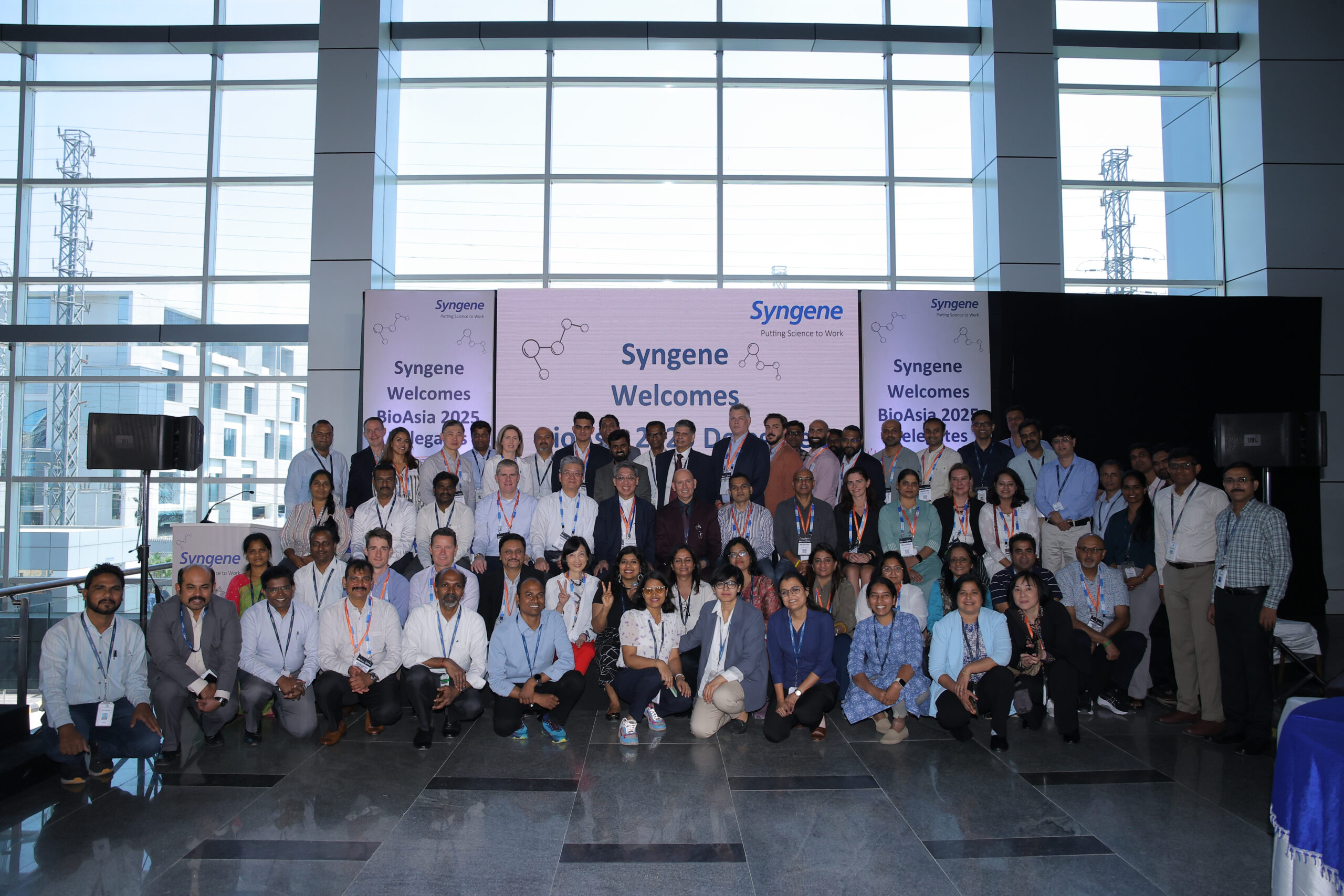Human anatomy and physiology is very complicated field of science. As complicated as the normal function of the body is, so complicated is, the process and results, when any of your organ system goes wrong. One of the major organ systems of human body is excretory system, which includes kidney and other urinary accessory organs. Every human consists of two small bean shaped kidney on either sides of the body at the back of abdominal cavity. Everyday your kidneys functions to filter about 180 liters of blood and removes ions, toxins, and medications and excretes it in the urine and it also retain the necessary substances and sends it back to the blood. Kidneys also help to maintain water-salt & acid-base balance in your body; they control blood pressure, and make red blood cells. But sometime due to many factors your kidneys gets damaged and are not able to carry out its normal and usual functions causing great deal of medical complications. The condition where kidneys are damaged, and fail to remove the waste from blood is medically termed as – CHRONIC KIDNEY DISEASE.
Causes of Chronic kidney disease
Chronic Kidney disease (CKD) is a permanent loss of kidney functions that is contributed by various factors. Few defined causes of CKD are
- Diabetes (leading cause)
- High blood pressure (second leading cause)
- Heart disease
- Repeated urinary infection
- Urinary blockage
- Family history of kidney failure
- Damage to arteries supplying kidneys
- Congenital (by birth) kidney disease
- Injury or trauma
- Auto immune disorder like systemic lupus erythematosus and scleroderma
- Side effects of some medication or toxic chemicals
- Kidney stones and infection
- Polycystic kidney
- Glomerulonephritis (group of diseases affecting kidney’s filtering unit – nephron)
- Reflux nephropathy (backward flow of urine)
Symptoms
CKD happens gradually and over a period of time, which is usually months to years. It is called as silent disease as doesn’t show any sign and symptoms in early stages. Many of you do not realize that the disease is growing in your body, and one fine day when the disease reaches its advanced stage (kidney failure) you will be rushed to the hospital for emergency dialysis. Therefore, it is very important that you know the basic signs of kidney disease so that you can consult your doctor and confirm diagnosis. Few symptoms of CKD are
- Feeling weak & tired
- Reduced appetite & weight loss
- Less sleep
- Puffiness around eyes in the morning
- Swelling in feet and ankle
- Numbness in hands and legs
- Frequent urination
- Excess or less urine
- Blood in stool
- Nausea and vomiting
- No menstrual periods
- Skin itching or rashes due to waste building up
- Bad breath and metallic taste in mouth
- Shortness of breath due to excess fluid building up in the lungs and less RBCs cause oxygen deprivation
- Feeling cold due to anemia
- Pain on the side of affected kidney
- Decreased sexual desire
Risk factors
Certain factors may increase your chance of joining the group of people with CKD. If you are old, a diabetic or have high blood pressure, then your chances of developing CKD is more. Your risk of CKD also increases, if you have any family member suffering from CKD. Belonging to some racial group like African American, American Indians, Hispanic Americans, Asian, and Pacific Islanders also increases your chances of CKD.
Diagnostic procedures
Since CKD doesn’t show any signs in its initial stage of development, it is very difficult to find out the condition in its early stage. Few very simple medical tests can help diagnose CKD.
CKD is always associated with high blood pressure. Therefore, continuous increase in blood pressure may be a sign that kidneys are damaged.
To check the functioning capability of kidney, a simple blood urea nitrogen test (BUN test) and blood creatinine test are done. As presence of these two metabolic wastes in the blood shows that kidneys are not functioning properly.
Urine tests are done to see how well your kidney’s filtering units are working. A normal functioning kidney excretes every waste product but keeps RBCs and protein. In case if there is a problem in your filtering unit then RBCs and protein might leak and spill into the urine. Other urine tests done are
- Urine protein finding: Detects the actual amount of protein in urine
- Urine micro-albumin test: Minute amount of protein detection in the early stage of CKD
- Urine Dipstick: Detects the presence of protein, blood, glucose, WBCs
- Urine sediment test: Cetrifugated sediments of urine helps find out the presence of WBC, RBC, bacteria, yeast, renal tubular cells, and crystals in case of kidney stones
Ultrasound or CT scan is done to check any abnormality in size and placement of kidneys.
Kidney biopsy may be done where a small sample of kidney is removed and examined for the severity of disease and amount of damage.
Treatment
Early diagnosis can bring significant difference in your life. Treatment is decided depending on your age, health type, and severity of disease
Depending on the cause of CKD your doctor may prescribe drugs to treat the underlying cause. He may prescribe medicines
- To control blood pressure
- To maintain a balance between vitamins and minerals
- To maintain blood glucose levels
- Treat anemia with iron tablets
- To keep your bones strong
Take all the prescribed medicines according to your doctor’s advice
Consuming some diet may actually worsen your CKD. Therefore, you must be careful in determining what exactly you eat. Reduce protein intake as CKD does not remove protein waste. You should also reduce the level of cholesterol consumption as they can block blood vessels and result in heart attack and stroke. Limit your salt consumption as sodium can increase blood pressure. In addition, decrease consuming potassium sources as potassium accumulation can affect heart rhythm
Regular exercise is a way of staying healthy for everyone, especially for people with CKD. Exercise helps to lower your blood pressure, reduce sleeplessness, increase strength, stamina, and energy level. It also helps to control weight and reduces fat content. Above all, it makes you feel good.
If CKD worsens
If your CKD worsens even after giving the right treatment, it may result in much severe complication where your kidney stops working, a condition called as kidney failure. If your kidney fails completely, then the waste products build up in your body and over time it acts as poison, causing vomiting, weakness, confusion, and coma. In such cases, your doctor might recommend for a process called dialysis. During dialysis, a small machine attached will perform the function of your failed kidney and removes all the waste products from your blood. Your doctor may also recommend kidney transplantation if a donor is available. But in the mean time, you have to get dialysis done until kidney is transplanted.
Ways to prevent or slow down damage to kidneys
You can discuss with your doctor about ways to prevent or slow down damage to kidneys. You should maintain your blood pressure and blood glucose level close to normal. Get your hemoglobin and bone density value checked regularly. Have a balance diet with less protein and exercise regularly. If you smoke then quit smoking. Regularly check for levels of fat, triglycerides, and cholesterol.
Conclusion
Though the field of medical sciences has developed so well, we still lack behind in finding out the exact cause of many diseases, and therefore, there is a lag in treatment procedures also. As far as CKD is concerned, the more we understand the cause of kidney failure, our knowledge and ability to predict and prevent the disease also increases. It will pave ways to successfully treat CKD. Finally, remember that having your blood pressure and blood glucose level in control has shown to prevent or delay the onset of CKD.




